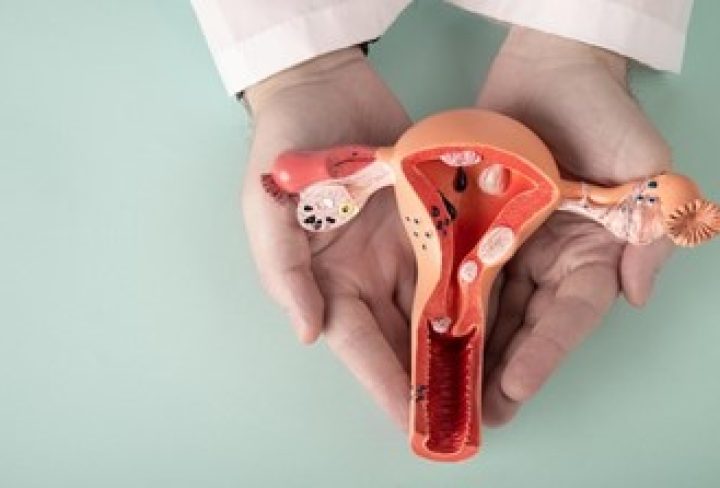For many women, the journey to parenthood is a cherished desire. But along the way, questions about fertility and family planning can arise. One important factor to consider is ovarian reserve, which refers to the number of eggs remaining in your ovaries.
Why is Ovarian Reserve Important?
Eggs are essential for conception. As a woman ages, the number of eggs naturally decreases. A lower ovarian reserve can make it more challenging to get pregnant naturally. However, knowing your ovarian reserve can be empowering. This information can help you make informed decisions about family planning and explore fertility treatments if needed.
How is Ovarian Reserve Tested?
There are two main ways to assess ovarian reserve:
Blood Tests: These measure hormone levels.
Anti-Müllerian Hormone (AMH): This hormone reflects the remaining pool of eggs in your ovaries. Generally, a lower AMH level suggests a lower egg reserve.
Follicle-Stimulating Hormone (FSH): The body produces FSH to stimulate egg development. Elevated FSH levels may indicate a lower egg reserve.
Ultrasound: This imaging test can be used to count antral follicles, tiny fluid-filled sacs in your ovaries. Each antral follicle potentially contains an egg. A lower antral follicle count might suggest a lower egg reserve.
It is important to note that these tests provide an indication, not a definitive answer, about your fertility potential. Other factors also play a role.
What Affects Ovarian Reserve?
The primary influence on ovarian reserve is age. As you age, the number of eggs naturally declines. However, other factors can also come into play:
Genetics: Inherited traits determine the number of eggs you have at birth and the rate at which they decline.
Medical Conditions: Certain medical conditions, such as endometriosis or polycystic ovary syndrome (PCOS), can impact ovarian reserve.
Surgical Procedures: Past surgeries on the ovaries or uterus may affect egg reserve.
Lifestyle: Factors like smoking, excessive alcohol consumption, and obesity might decrease egg quality.
Considering Ovarian Reserve Testing?
If you are thinking about starting a family, you might consider ovarian reserve testing, especially if:
- You’re 35 years old or older and haven’t conceived yet
- You have irregular menstrual cycles
- You have a history of pelvic surgery
Making Informed Choices
Understanding your ovarian reserve can be a valuable tool in your family planning journey. If you have concerns about your fertility, talk to your doctor. They can discuss your individual situation, explain ovarian reserve testing, and explore all your options.


